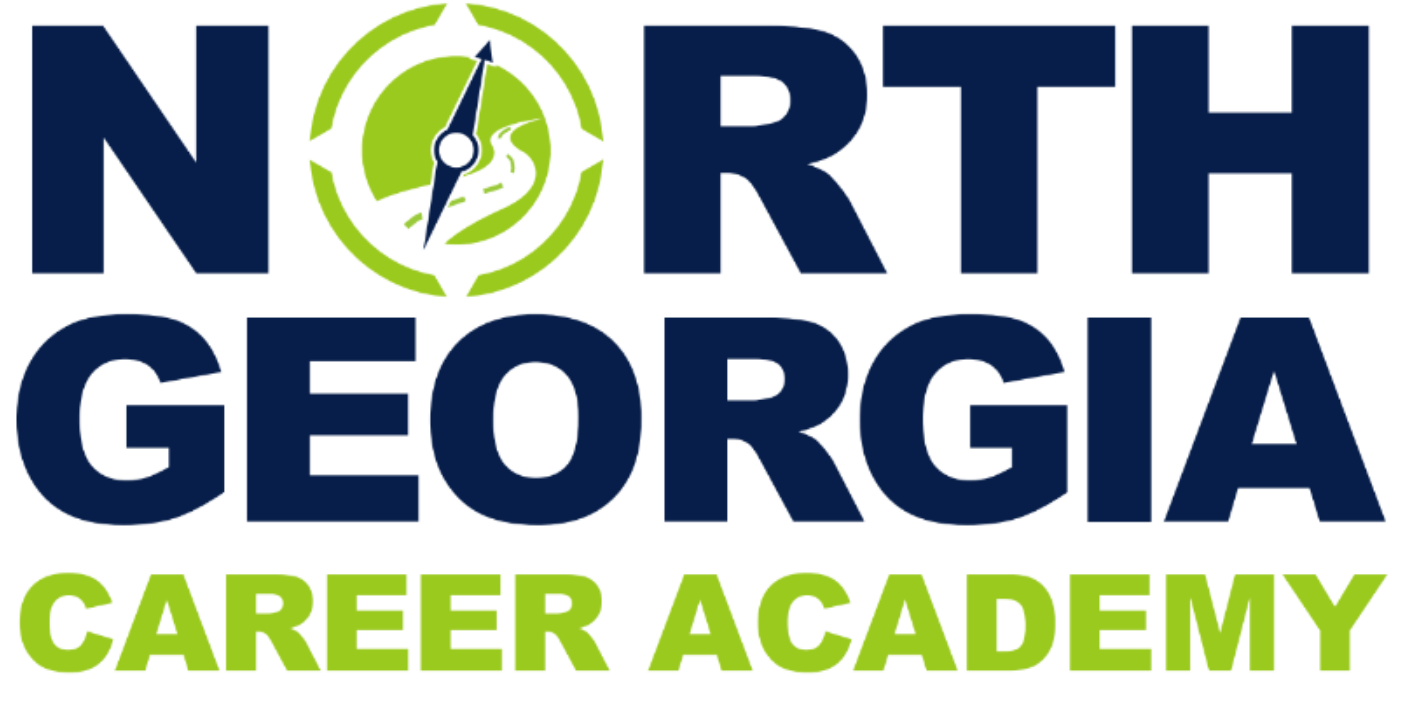
What Is A Charter School?
What Is A Charter School?
A charter school is a public school, free for all students, that operates with more flexibility than traditional district schools. In exchange for this flexibility, charter schools are held to higher standards of accountability. They must meet the goals outlined in their charter contract to remain open.
North Georgia Career Academy
At North Georgia Career Academy (NGCA), we are petitioning Pickens County Board of Education, which means we will partner directly with our community to meet the needs of students and families right here at home. We are also petitioning to the State Commission on the chance the Pickens County BOE does not authorize the charter.
Benefits of a Local Charter School
Free and Public
Open to all students at no cost.
Family Choice
Gives families another public option beyond traditional schools.
Career-Focused
Aligns education with workforce needs, preparing students for the future.
Community-Driven
Locally approved charter schools remain deeply connected to their county, ensuring decisions are made with the community’s best interests in mind.
Accountability
Must meet academic and organizational goals set in the charter contract, or risk closure — meaning high expectations are built in.
Myths vs. Truth About Charter Schools
Myth: “Charter schools steal local dollars.”
Truth: Charter schools are public schools. They receive funding based on student enrollment, just like other public schools. When families choose a charter school, the funding follows the student — it doesn’t “take away” dollars, it ensures those dollars serve the student where they learn best. When a charter school is approved by the local district (locally authorized):FTE (Full-Time Equivalent) dollars stay in the county because the charter school is funded as part of the local school district’s system.The district receives state and local funding for those students, and then passes it along to the charter school. In other words, the money follows the student but remains within the county’s education ecosystem instead of shifting to the state level.
Myth: “Charter schools are private schools.”
Truth: Charter schools are not private. They are tuition-free, open to all, and cannot charge fees for enrollment.Myth: “Charter schools pick and choose who they admit.”
Truth: Charter schools must accept all students who apply. If more students apply than there are available seats, a lottery system ensures fairness.
Myth: “Charter schools don’t serve all kids.”
Truth: Charter schools are required by law to serve all students, including those with special education needs or English language learners.Myth: “Charter schools don’t answer to anyone.”
Truth: Charter schools are held accountable by their authorizer (local school district or state commission) and must meet strict academic, financial, and organizational standards to stay open.
Senate Bill 82 Supports Locally-Approved Charter Schools
-
Local school boards that authorize a new charter school will receive $250,000 per year for three years for each approved petition—creating a significant financial incentive to support new educational initiatives.
-
SB 82 directs the Office of Charter School Compliance within the State Charter Schools Commission to provide technical assistance and evaluation support to local boards during the charter approval process. This ensures districts can make informed decisions using best practices.
-
-
-
There are over 21,000 students on charter school waitlists across Georgia, highlighting substantial unmet need for alternatives in education. SB 82 aims to alleviate this by easing local approvals.
-
Why This Matters To Local School Districts
Boosts Local Control & Innovation
Instead of relying solely on the State Charter Schools Commission, districts can now play a central role in bringing innovative, locally-tailored charter schools into their communities.
Improves Community Trust & Engagement
By offering clear disclosure for denials and support for approvals, SB 82 promotes openness, empowering communities to see the decision-making process as fair and transparent.
Balances Incentive with Responsibility
The combination of financial rewards and accountability measures ensures districts are both motivated and expected to engage thoughtfully with each petition.


